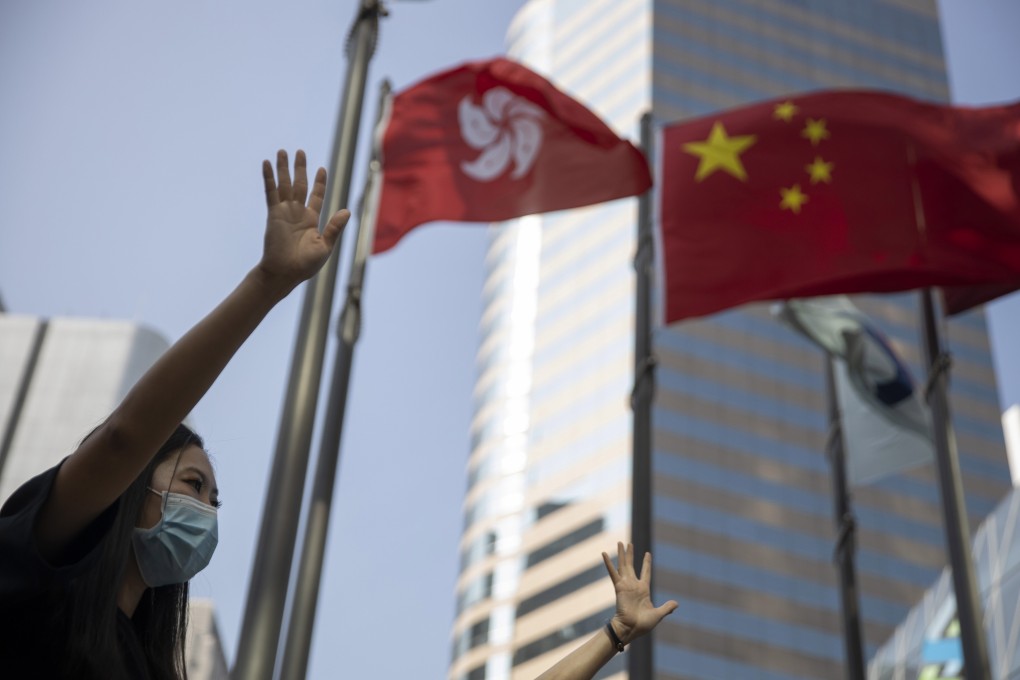Advertisement
Opinion | Is Beijing’s national security law the right way to go about defusing the political anger in Hong Kong?
- Since April, Hongkongers have faced bombshell announcements from the central and local government that raise questions about the ‘one country, two systems’ framework. These developments will not quell Hong Kong’s civil unrest
Reading Time:3 minutes
Why you can trust SCMP

The bombshells keep on coming, so fast many Hongkongers – myself included – are in a daze. By bombshells, I mean the flurry of shock waves from the north and its proxies here.
Advertisement
In April, Beijing blindsided us. It made clear its institutions here can supervise local affairs even though our government has since reunification held the position that these institutions are subject to Article 22 of the Basic Law. This prohibits departments of the central government from interfering in affairs which the Hong Kong government administers on its own. After three flip-flopping statements, the Hong Kong government backtracked.
That same month, commerce chief Edward Yau Tang-wah criticised an RTHK reporter for asking a World Health Organisation official a question about Taiwan being granted membership to the organisation. Weeks later, in May, the Communications Authority ruled that a popular satirical television show produced by RTHK “denigrated and insulted” the police. RTHK subsequently suspended the show.
May was a bombshell month. Legislative Council president Andrew Leung Kwan-yuen fast-tracked the election of a pro-government legislator as chairwoman of a key Legco committee.
The city’s exam authority, at the urging of the government, invalidated a Diploma of Secondary Education (DSE) exam question which asked if Japan did more good than harm to China during 1900-1945. And, in an interview with a Communist Party-controlled newspaper, Lam suggested that liberal studies has poisoned the minds of young people.
Advertisement
On June 7, civil service secretary Patrick Nip Tak-kuen told Hong Kong’s 180,000 civil servants they serve not only Hong Kong but the whole of China. Do mainlanders pay Hong Kong taxes to be served?

Advertisement
